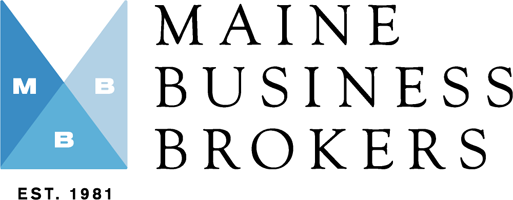Your ownership role can impact the sale of your business.
A major factor in selling a business is the role that the owner plays in the operations. In some situations, the owner is synonymous with the business: for instance, the business could be named after them personally or the core function of the business is being executed by the owner. It can be challenging to transfer a business that relies so heavily upon the current owner. A potential buyer might feel unable to fill the owner’s shoes, or the impact of the owner leaving may have a negative impact on revenue. That is not to say that an owner shouldn’t have an oversized presence in their business, but in what ways could an owner be too much of the business?
- The business requires a technical expertise that resides upon the owner.
- Most of the clients are personal friends or have a personal relationship with the owner that may not continue with a new owner.
- Many of the assets of the business are intertwined with the personal assets of the owner or another business interest.
- There are no employees, infrastructure, management or support staff; the owner is the business by virtue of working all of it and having no organization to transfer.
These are just a few examples of how an owner may be so much of the business that a sale can be problematic. These situations may require novel solutions or a different approach to selling, so business owners will want to identify these problems prior to going to market. Some solutions and strategies include:
- Build the business. Grow the business so that the knowledge and expertise needed for a new owner to operate the business lies in the organization and not one person.
- Stay on post-closing. The seller can work for the new owner for an extended period to ensure that the transition goes smoothly and minimizes the impact of a change of ownership.
- “House cleaning”. Separate conjoined or shared assets that are needed for the new owner to operate the business. (This includes soft assets like websites, AdWords, and other intangible marketing assets).
- Seller financing or an earn-out. Earn-outs are a common way to address the unknown risks and impacts of an owner leaving the business.
- Apprenticeship. If you have identified a potential buyer, you can hire them first as an employee and train them to assume an eventual ownership role.
Some of these strategies will take time and should be addressed prior to going to market. Even if you are years, or even decades, from exiting your business you should be aware of your role in the business and how that might impact a sale. The lesson is that for a business to be sold and transferred it has to transcend current ownership.

